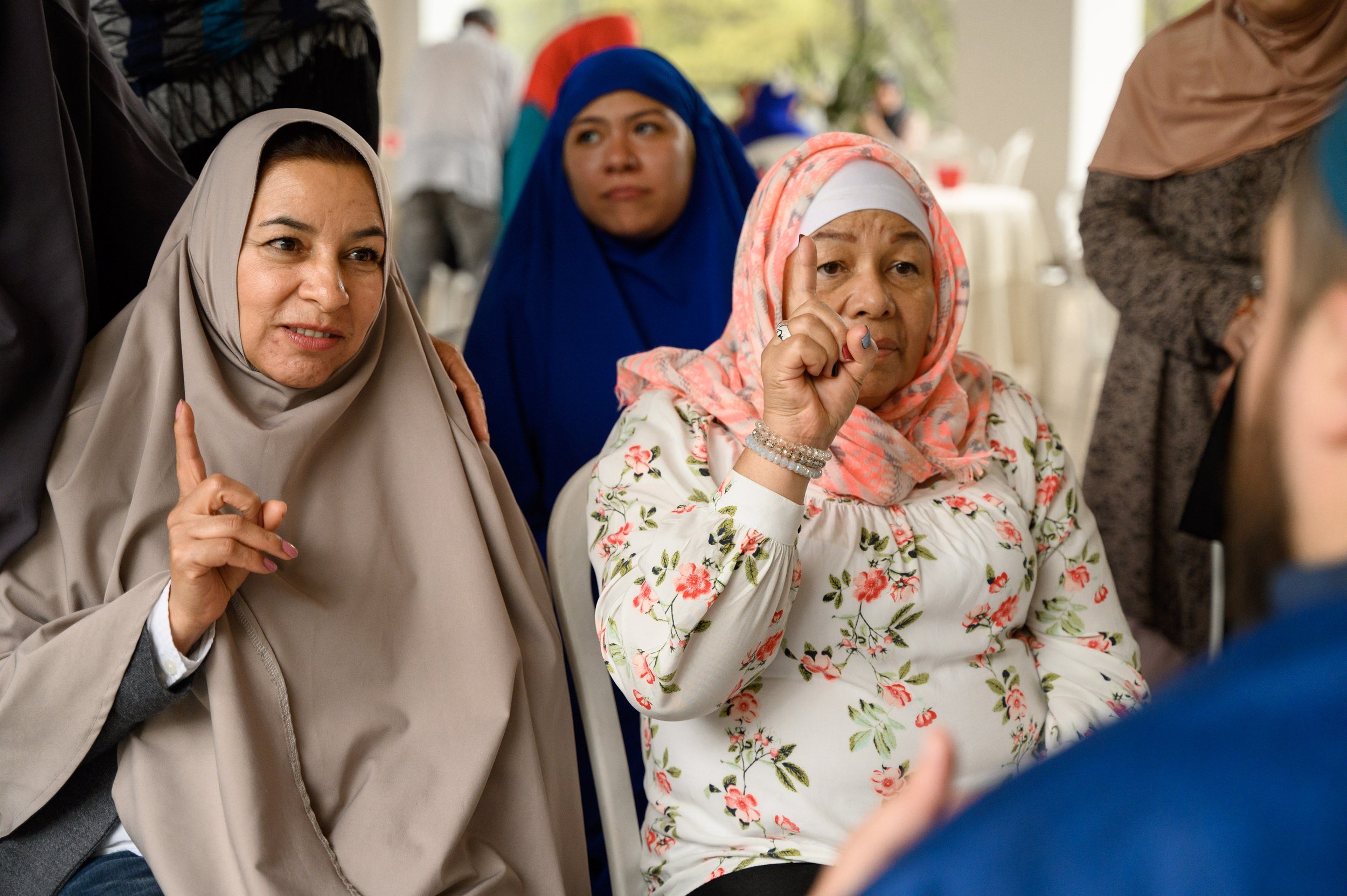
What is Islam?
-
According to Islam, everything that we see, as well as that which we don’t see, in this immeasurable universe – including us – is the domain of one Supreme Being, Allah, the one true God and Master. He exists without need of anything, not born or created, but Who Himself created everything and provides for every entity; every atom. Islam is not a new religion; it simply represents the original message and Revelation which was sent since the appearance of man on the pages of existence, and that the original faith of unity is this belief in One God of all creation.
This was the message of all God’s prophets, before the break up of religion into sects and denominations.
Regarding this, Allah says in the Qur’an:
We sent no Messenger before thee but We inspired him that there is no god save Me, so worship Me. (The Qur’an, 21:25)
-
God is the Creator of all that exists, unique, incomparable, eternal, absolute, perfect, and without peer or associate.
God sent Messengers to humankind, of whom Muhammad was the last
The Qur’an is the Word of God.
Humans are responsible to God for their actions.
On Judgment Day, an All-Knowing and Merciful God will judge all humans according to their faith, intentions, and deeds in this life.
-
Muhammad (peace upon him) was the Prophet and Messenger through whom God sent the last divine revelation to humankind. Biblical prophecies on the advent of the Prophet Muhammad are numerous. (ref. Deuteronomy 18:18-19, John 1:19-21 and 16:7-14)
He was born around the year 570 C.E. in the Arabian city of Makkah. In the middle of the city stands an ancient house of worship called the Ka’bah, which is believed to exist from the time of Adam and later rebuilt by Abraham and his son Ishmael.
Muhammad, a descendant of Abraham, was orphaned at the age of six and grew up in the care of relatives. When he was 40 years old, during his seclusion in the Mountain Hira (Mountain of Light) just outside Makkah, God revealed the first five verses of the Qur’an through the visitation of the Archangel Gabriel. It called him to teach people to worship the One God and revive the pure monotheistic faith of his forefather, Abraham.
But for thirteen years Muhammad, the Messenger of God, faced severe opposition and persecution from the population of Makkah, who believed in multiple pagan deities and the worship of idols.
-
In the early fall of 622, he and his followers emigrated from Makkah, northward to the town of Yathrib (later renamed al-Madinah). This emigration historically known as the Hijrah marks the beginning of the Islamic calendar because it was in Madinah that the followers of Muhammad developed a model society based on the spiritual teachings of the Qur’an.
In 630 Muhammad peacefully re-entered Makkah, where he forgave his enemies and cleared the sacred Ka’bah of idols. Two years later he died, on June 8, 632 C.E. peace be upon him.
Muhammad (peace be upon him) is buried in the sacred city of Madinah symbolized by the famous green dome that can be seen above his resting place.
-
God has revealed various Books at different times to guide mankind, such as the Torah, the Gospel and the Psalms given to Moses, Jesus and David. The Qur’an is the last holy book, or scripture; the Word of God, originally transmitted to Muhammad in Arabic by the Angel Gabriel. But it was always meant for all humanity, not for any exclusive group. At its heart is the teaching of monotheism — the worship of One God and no others — but the Qur’an also provides guidance for every part of a believer’s life.
There is only one version of the Qur’an, unchanged since Muhammad received it. A number of his followers had carefully memorized each of God’s revelations, word for word — an achievement still common among Muslims today. Muslim scholars regard versions of the Qur’an in other languages to be interpretations or paraphrases, rather than true translations, and in Arabic literature there is no work whose eloquence, clarity and erudition approach that of the Qur’anic text.
Interested in learning more?
Feel free to contact us